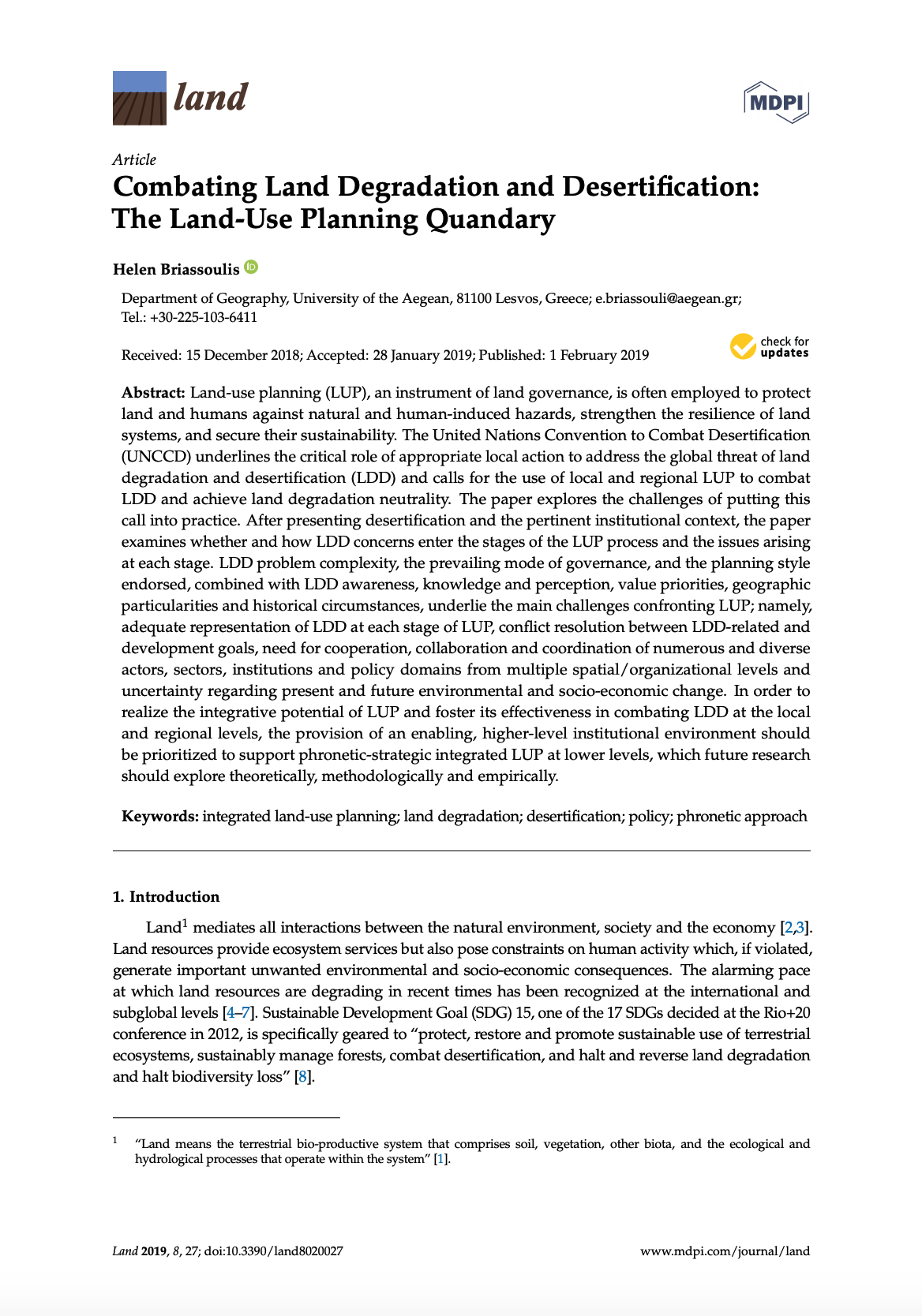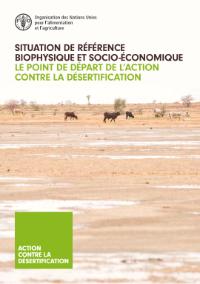Arab Environment Future Challenges: 2008 Report of the Arab Forum for Environment and Development
The state of the Arab environment stands at a pivotal juncture with numerous environmental problems both current and imminently threatening the region. Among the major challenges being faced are water scarcity, land degradation and desertification, inadequate waste management, coastal and marine environment degradation and air pollution.










